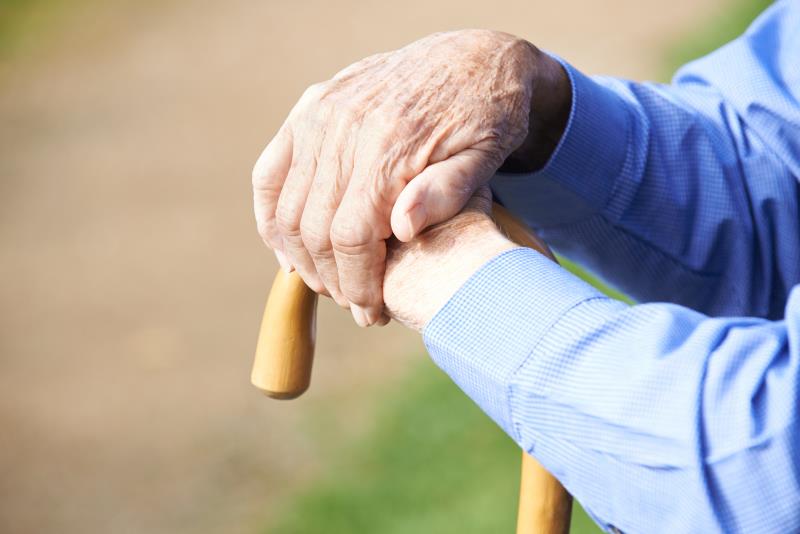
Regular physical activity (PA) may help decrease the risk of physical, psychological and social frailty among older adults, a recent study has found.
Researchers conducted a longitudinal cohort analysis of 1,735 community-dwelling elderly adults (mean age, 79.6±5.5 years; 61.1 percent female). The frequency of moderate PA at enrolment was self-reported and categorized as regular or low frequency. The patterns of change in frequency over 12 months was classified into four: continued regular frequency, decreased frequency, continued low frequency and increased frequency.
At baseline, the overall frailty scores, as assessed according the Tilburg Frailty Indicator, were 4.45±2.91 and 6.69±3.07 in participants who had regular and low frequencies of moderate PA, respectively. At the 12-month follow-up, the corresponding scores changed to 4.56±3.16 and 6.80±3.27.
In terms of PA changes over time, those who maintained their frequent moderate PA habit were the least frail, while those who continued to engage in moderate PA at low frequencies were the frailest. Those who started doing moderate PA more over time became less frail than they were at baseline. The opposite was true for those who scaled back.
This was confirmed in multivariate linear regression models. Relative to those who were consistent with regular moderate PA, those whose exercise frequencies dropped (B, 1.31, 95 percent confidence interval [CI], 0.99–1.63; p<0.001) and who continued to exercise infrequently (B, 1.16, 95 percent CI, 0.84–1.49; p<0.001) were significantly more likely to be frail.